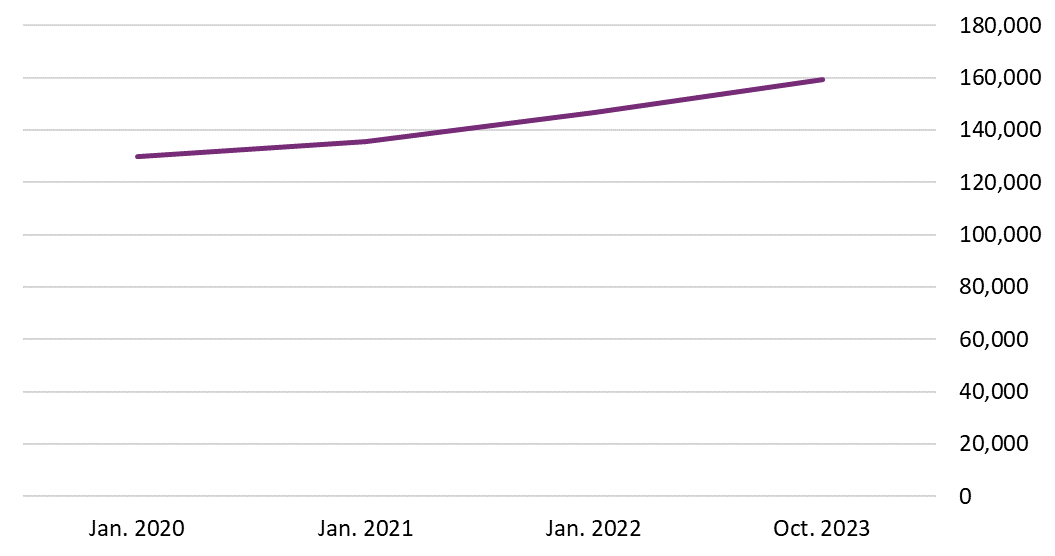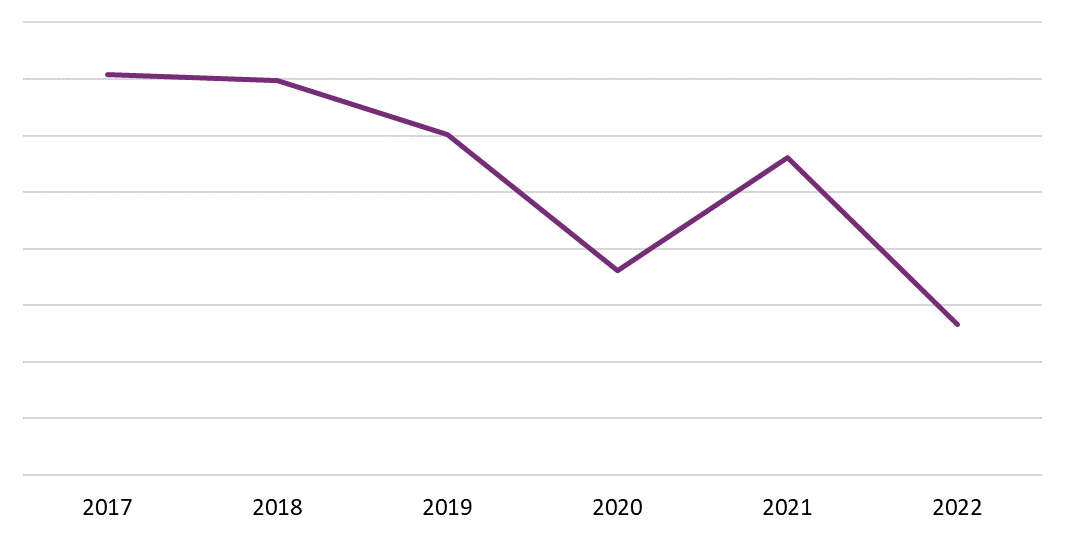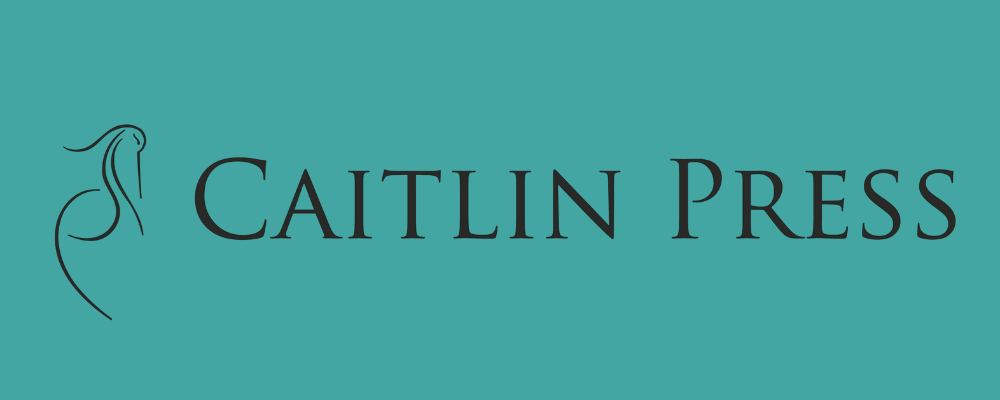The national celebration of Canadian books for young people, I Read Canadian Day, will take place on Nov. 8. This yearly event is the perfect time to take the pulse of the performance of books by Canadian contributors in the market.
In this three-part series you’ll learn how the landscape has changed over the last few years in terms of the number of books by Canadian contributors in the market, and the sales and circulation of titles by Canadian contributors, as a whole and specifically for the Juvenile and Young Adult categories.
Before we go any further, we want to answer a common question we get — how does BookNet keep track of the performance of titles by Canadian contributors? Mainly using publisher-supplied data sent to and processed by BookNet’s BiblioShare, a quality-controlled data aggregation and distribution system; SalesData, our national sales tracking service for the Canadian English-language trade book market; and LibraryData, a national library collection and circulation analysis tool.
The publisher-supplied data of a Canadian title includes a Canadian marker that helps us and anyone with access to the book’s metadata in the supply chain, retailers, wholesalers, library staff, etc. identify titles that have at least one Canadian contributor — an author, illustrator, translator, or editor (in the case of an edited collection of material) who is a Canadian citizen or a permanent resident of Canada.
BookNet’s President & CEO Noah Genner, explains the importance of the use of the Canadian marker in a book’s metadata in more depth in his blog post, Canadian authors: The whys and hows of identifying them in your data.
Canadian contributors by the numbers
Over the years, the number of titles by Canadian contributors in our BiblioShare database has been consistently increasing, as seen in the graph below. From January 2020 to October 2023, the number of titles with a Canadian marker increased by 23%, with 8% of that increase happening from January 2022 to October 2023.
Using SalesData, we looked at the sales of print books by Canadian contributors over the last six years. From 2017 to 2022, the overall sales of Canadian titles have decreased by 13%, with the most significant drop happening in 2022 when sales decreased by 9% compared to 2021. In 2021, there was a noteworthy uptick in sales of 6% compared to 2020.
While these stats might seem alarming, it’s important to keep in mind that the sales of Canadian-contributor books represented around 12% of all sales in most of those years. This remained pretty consistent with the exception of 2017, where it rose to 13.3%.
To further contextualize these stats, 2017 to 2019 were exceptional years for books by Canadian contributors. Rupi Kaur’s The Sun and Her Flowers, Jordan Peterson’s 12 Rules for Life, Greta Podleski’s Yum and Yummer, and Margaret Atwood’s The Handmaid’s Tale and The Testaments were all published and launched to the top of bestseller lists during those years. This, combined with the impact of the pandemic in the industry — closures of businesses, supply chain disruptions, plus the concerns around the economy, help explain the decrease in sales.
What Canadian book consumers are saying
Canadians are interested in reading books by and about Canadians.
In our Canadian Leisure & Reading Study 2022, we learned that 24% of survey respondents read books by or about Canadians or locals the previous year. Additionally, many respondents displayed awareness of significant Canadian book awards, with the top three more widely known being the Governor General's Literary Awards (29%), Scotiabank Giller Prize (27%), and Canada Reads (25%). Although high awareness doesn't automatically result in increased sales or borrowing of Canadian books, these figures are promising and reflect a positive trend.
The interest of Canadians in these stories is evident in other ways. According to unreleased data from our Canadian Book Consumer survey, during the first half of 2023, the desire to discover local or regional Canadian authors was a reason for visiting a bookstore in person (4%), a bookstore online (3%), and a public library (7%). In fact, 25% of respondents said they actively search for books about Canada and regions within Canada, and 28% said they search for books by Canadian authors and illustrators.
That’s all for now. Stay tuned for the upcoming instalments of this mini-series where we’ll be diving deep into the sales, library circulation, and interest in books by Canadian contributors for young readers in celebration of I Read Canadian Day!
Keep an eye on our blog and sign up for the research newsletter to stay on top of the latest trends.
















Sales and library circulation data of Body, Mind & Spirit titles during the the first quarter of 2025.